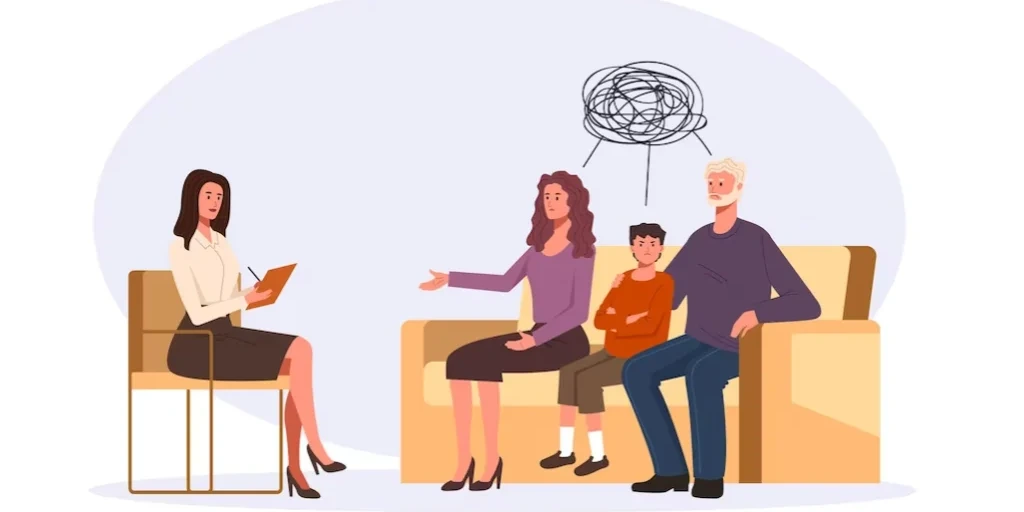24/7 Helpline:
(866) 899-221924/7 Helpline:
(866) 899-2219
Learn more about Heroin Rehab centers in Boone County

Other Insurance Options

UnitedHealth Group

Multiplan

Ceridian

American Behavioral

Coventry Health Care

Health Net

AllWell

BlueShield

UMR

GEHA

Lucent

PHCS Network

Aetna

Holman Group

BHS | Behavioral Health Systems

CareFirst

Health Choice

Ambetter

United Health Care

Access to Recovery (ATR) Voucher

Rosecrance
Rosecrance is a private not-for-profit organization offering behavioral health services for children...





































Remedies Renewing Lives
Remedies Renewing Lives - North State Street is located in Belvidere, Illinois. Remedies Renewing Li...

Hiawatha Valley Mental Health Center
Hiawatha Valley Mental Health Center is a private rehab located in Caledonia, Minnesota. Hiawatha Va...





















































